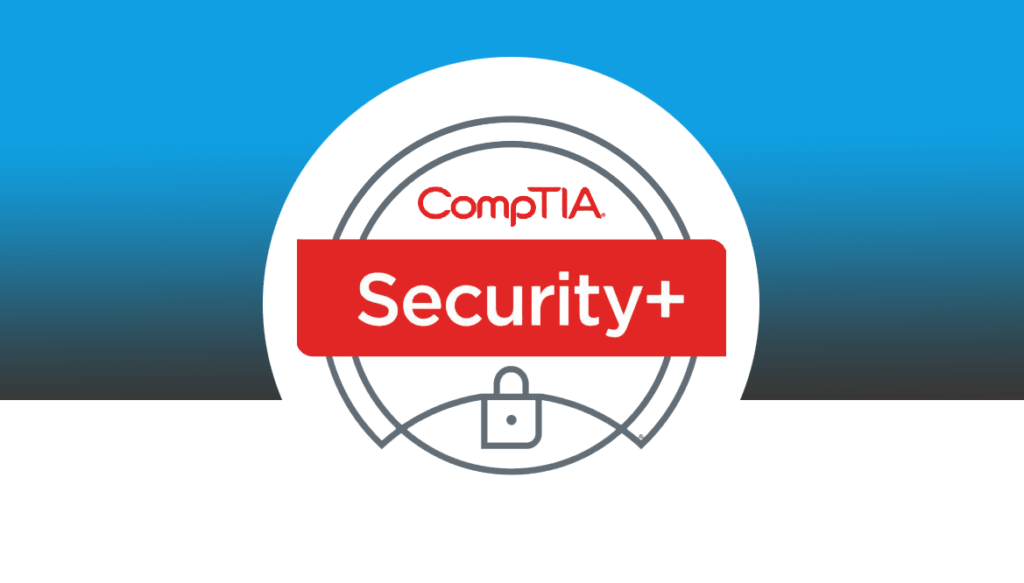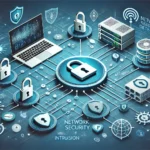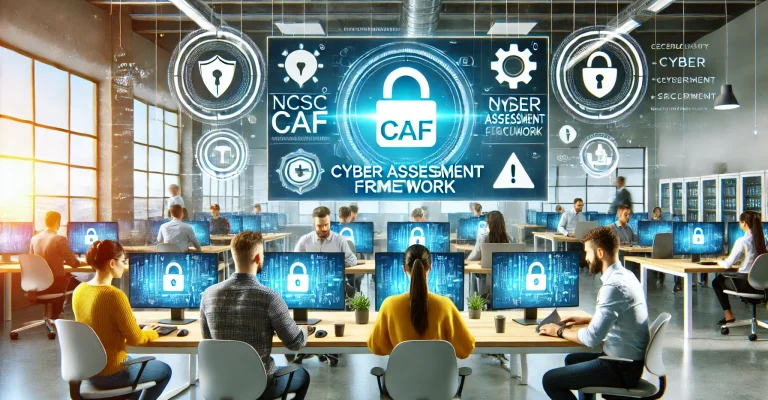Introduction
Cybersecurity is an ever-evolving landscape that demands continuous learning and adaptation. For those looking to solidify their understanding of this critical domain, certifications like CompTIA Security+ serve as valuable milestones. Whether you’re a business owner, an IT professional, or simply someone who values their digital privacy, gaining a solid foundation in cybersecurity is essential. This article delves deeper into the details of the CompTIA Security+ certification, exploring why it’s a worthwhile pursuit and how best to prepare for it.

What is CompTIA Security+?
CompTIA Security+ is not just another certification; it’s a globally acknowledged benchmark that assesses your proficiency in cybersecurity. Administered by the Computing Technology Industry Association (CompTIA), the Security+ certification encompasses essential concepts that serve as the building blocks of any cybersecurity role.
Key Topics Covered
- Threats, Attacks, and Vulnerabilities – This section not only covers the different types of cyber threats like phishing, ransomware, and DDoS attacks but also teaches you how to differentiate between them and formulate mitigation strategies.
- Technologies and Tools – This dives into the software and hardware aspects of cybersecurity. It covers firewalls, intrusion detection systems, and even basics of cryptography, among other tools and technologies.
- Architecture and Design – In this module, you’ll learn about the secure network architecture including various layers, subnets, and DMZs. Also, you’ll be introduced to cloud and virtualized environments.
- Identity and Access Management – Here, you’ll get an in-depth understanding of user identity validation, secure password policies, two-factor authentication, and authorization controls.
- Risk Management – This section teaches the fundamentals of assessing, managing, and mitigating risks in a business context, as well as disaster recovery planning and incident response.
Why Should You Consider Security+?
Increased Job Marketability
Apart from adding credibility to your professional profile, having a Security+ certification makes you more marketable in the job field. It’s often a requirement for certain roles within the U.S. Department of Defense and is recognised by various companies globally.
Hands-on Experience
Security+ has a practical aspect, requiring candidates to solve performance-based questions. This ensures that you not only understand the theoretical aspects but can also apply this knowledge in real-world scenarios.
How to Prepare for the Exam
Classroom Learning
Some individuals prefer the traditional classroom setting for learning. In this setting, you’ll have the benefit of immediate feedback from instructors and the ability to interact with classmates.
Online Courses
There are also numerous online platforms that offer courses tailored for the Security+ exam. These are great for people who prefer learning at their own pace.
Third-Party Study Materials
Several independent authors and educators offer study materials that many candidates find helpful. Books, podcasts, and interactive tutorials are some examples.
Conclusion
CompTIA Security+ serves as a comprehensive introduction to the world of cybersecurity. Its global recognition and wide range of topics make it an invaluable resource for anyone looking to venture into this field. By investing time and effort into preparing for this certification, you’re equipping yourself with the tools to protect not only your digital assets but also to make meaningful contributions to the broader landscape of cybersecurity.
Remember, in cybersecurity, your learning never stops. Technologies evolve, and so do threats. Consistent learning and adaptation are key.
For more insights into the ever-changing world of cybersecurity, be sure to check back with us next Monday.
References
- CompTIA Official Site: CompTIA Security+
- Study Guide: “CompTIA Security+ All-in-One Exam Guide, Seventh Edition”
- Practice Exams: “CompTIA Security+ Certification Practice Exams, Third Edition”
For more simplified and focused guides on cybersecurity topics, continue to explore our resources.














